Real Examples Of Job Interview Questions From My Boss:
real examples of job interview questions from my boss:
three years ago, when I interviewed for my current job, questions came from a long list that my boss had written himself. I found that list recently and trimmed it down to what I believe are the hardest/trickiest questions to answer so that maybe you guys can think on them and be prepared for your next job interview! best of luck!!

please describe for me a typical day on your past/current job
why did you leave your last job?
how do your previous work experiences prepare you for this position?
give me an example from your current/past job that demonstrates your persistence.
how do you organize yourself for day-to-day activities?
when you are assigned to work with new people, how do you go about getting to know them and how they work?
what type of person is the hardest for you to get along with?
how do you handle conflicts, like with a co-worker or boss? how do you resolve them?
how would you define a conductive work atmosphere?
what do you want out of a job?
what makes a job enjoyable for you?
what is your greatest strength? worst deficiency?
how do you take direction?
what do you do when things are slow at work?
what do you do when you’re having trouble solving a problem?
what kinds of decisions do you find particularly hard to make?
why is it important to prioritize?
why do you think you’ll be successful in this job?
what are your goals - both short term and long term?
how do you cope with the inevitable stresses and pressures of the job?
what kinds of things would you want to avoid in future jobs?
what reservations do you have about working here?
what ways do you find work interferes with your personal life?
define cooperation.
how can we best reward you for doing a good job?
More Posts from Kakpok and Others
gentle reminder for when you feel demotivated
there’s nothing wrong with feeling demotivated, so please don’t punish yourself for that – everyone, even the most successful people in the world, can fall into a slump
you can do it
i believe in you
it’s not going to be as bad as you think
don’t place too high expectations on yourself, especially when you’re feeling low
set small and specific goals – little steps are always important
print out or write down what you need to do and put that note where you know you’re going to see it
set yourself a specific time for when you’re going to start working on something, but don’t put too much pressure on yourself if you’re unable to
see what others are doing and achieving, and use that as motivation instead of comparing yourself to them and putting yourself down
call for help from others to cheer you on when you can’t do it on your own
counter your negative thoughts with positive ones
think about the benefits of doing the task, instead of the difficulties it will take to get there
take deep breaths and take a step back when things become too overwhelming or the stress takes over (here’s a written breathing exercise, or a gif you can breathe along with)
take breaks, don’t overload yourself
if you think that your schedule is becoming more and more of the same thing every single day, that can heavily impact your motivation - so try your best to try something new, or even just do something that you would usually do in a different way, or with a different outlook; it doesn’t matter if the change you make is big or small, because every attempt goes towards progress
when you’ve completed what you needed to, or even just worked at it a little bit, make sure to congratulate yourself, because you’re trying and i’m so proud of you for that
try your best, because your best is good enough
you got this


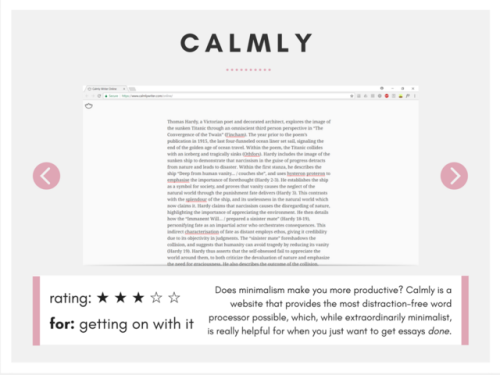
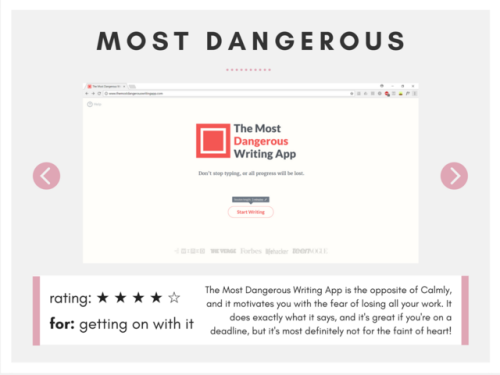




Here’s some weapons for your essay writing arsenal!
Hemingway Editor Calmly Writer The Most Dangerous Writing App Purdue O.W.L. One Look Thesaurus JSTOR Google Scholar
Reply with your favourite or other great websites I didn’t include!
How to be More Thick-Skinned
1. Don’t take criticism personally. Instead, realize that criticism says more about them than it does about you.
2. Distinguish between facts and subjectivity. Most criticisms are just personal opinions. They are not objective and they don’t reflect the truth.
3. Look at the beliefs you hold about yourself. Do you feel defensive and under attack because you don’t believe in yourself?
4. Learn what you can from any comments that are made – and discard the rest as being useless information.
5. Decide not to ruminate on barbs or criticisms - as that will reinforce the faulty message in your brain.
6. Choose to spend more time with people who’re affirming – and minimise the time you spend with those who put you down.
7. Look for a role model who can handle criticism – and try to copy them, so you become more thick skinned, too.




sehun is unlikely to let this one go
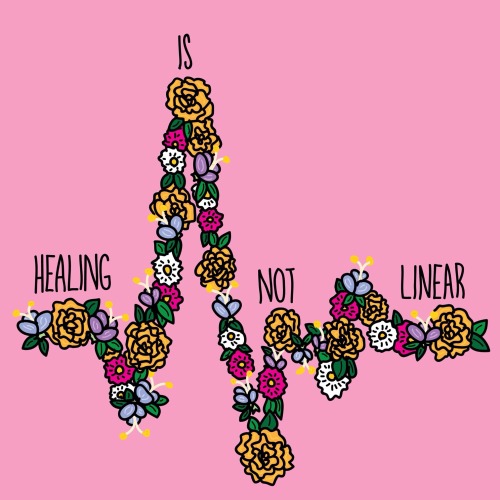
Healing is not linear

Some general resources:
Chemistry Glossary
Chemistry Exam Survival Guide
Toolbox – interactive graphing, tables, and calculators
Make virtual chemistry models
Interactive periodic table
Another site for making virtual chemistry models
Virtual labs – covers stoichiometry, thermochemistry, eq1uilibrium, acid base chemistry, solubility, oxidation/reduction and electrochemistry, analytical chemistry/lab techniques
Concept tests
Chemistry Science Fair Project Ideas
OChem Reaction Bank
Interactive chem simulations
Chemical calculations
The Chem Blog
Molecule of the day
Free chemistry drawing software
Laboratory Safety - Laboratory safety for the chemistry classroom
Periodic Table of Videos - Brady Haran
On this day in chemistry… - a history of chemistry
The faces of chemistry
Experimentation hub - explore and enjoy our experiments to increase engagement in scientific investigation, develop new skills and enhance your knowledge.
Understanding journals - including reading articles, referencing, and example articles.
Resources for specific topics:
Stochiometry – the mole, molarity and density, reaction stoichiometry and limiting reagents, empirical formula and mixtures, gravimetric analysis
Themochemistry – energy and enthalpy, entropy
Kinetics – phenomenological and mechanistic kinetics
Equilibrium – LeChatlier’s principle, progress of reaction, equilibrium calculations, common ion effect
Acid base chemistry – strong acid and bases, weak acids and bases, buffer solutions, acid/base titrations
Solubility – solubility product, solubility and PH, common ion effect
Oxidation/Reduction and Electrochemistry – standard reduction potentials, galvanic cells
Analytical chemistry/ Lab techniques – reaction stoichiometry and limiting reagents, acid/base titrations, redox titrations, gravimetric analysis, UC/Vis spectroscopy
Physical chemistry – quantum mechanics, spectroscopy
Properties of solutions – intermolecular forces, colligative properties
Textbooks:
Chemistry Virtual Textbooks, Stephen Lower
Organic Chemistry, Tim Soderberg
Organic Chemistry I, George Mhehe
Environmental Chemistry, Dejene Tessema
Virtual Organic Chemistry
Industrial Chemistry, Helen Njenga
Inorganic Chemistry, Chrispin Kowenje
Physical Chemistry I, Onesmus Munyaki
General Chemistry, Principles, Patterns and Applications
Chemistry Books - a variety of chemistry textbooks
Chemistry Tutorials/Guides:
Atoms, Molecules, and Ions
Chemical reactions and stoichiometry
Electronic structure of atoms
Periodic table
Chemical bonds
Gases and kinetic molecular theory
State of matter and intermolecular forces
Chemical equilibrium
Acids and bases
Acid base equilibria and solubility equilibria
Thermodynamics
Redox reactions and electrochemistry
Kinetics
Nuclear chemistry
Organic Chemistry Tutorials/Guidelines:
Structure and bonding
Dot structures
Hybridization
Bond-line structures
Electronegativity
Resonance and acid base chemistry
Counting electrons
Resonance structures
Organic acid-base chemistry
Alkanes, cycloalkanes and functional groups
Naming alkanes
Naming alkanes, cycloalkanes, and bicyclic compounds
Conformations of alkanes
Conformations of cycloalkanes
Functional groups
Stereochemistry
Chirality
Enantiomers
Stereoisomeric relationships
Subsituation and elimination reactions
Free radical reaction
Sn1 vs Sn2
Nucleophilicity and basicity
Elimination reactions
Sn1/Sn2/E1/E2
Sn1 and Sn2
Alkenes and alkynes
Naming alkenes
Alkene reactions
Alkene nomenclature
Alkene reactions
Naming and preparing alkynes
Alkyne reactions
Alcohols, ethers, epoxides, sulphides
Alcohol nomenclature and properties
Synthesis of alcohols
Reactions of alcohols
Nomenclature and properties of ethers
Synthesis and cleavage of ethers
Nomenclature and preparation of epoxides
Conjugation, Diels-Alder, and MO theory
Addition reactions of conjugated dienes
Diels-Alder reaction
Molecular orbital theory
Aromatic compounds
Naming benzene derivatives
Reactions of benzene
Aromatic stability
Electrophilic aromatic substitution
Directing effects
Other reactions and synthesis
Aldehydes and ketones
Introduction to aldehydes and ketones
Reactions of aldehydes and ketones
Carboxylic acids and derivatives
Naming carboxylic acids
Formation of carboxylic acid derivatives
Nomenclature and reactions of carboxylic acids
Nomenclature and reactions of carboxylic acid derivatives
Alpha carbon chemistry
Formation of enolate anions
Aldol condensations
Amines
Naming amines
Spectroscopy
Infrared Spectroscopy
UV/Vis Spectroscopy
proton NMR
Careers:
A future in Chemistry
What can I do with my chemistry degree?
Chemistry Careers - American Chemical Society
What to do with a degree in chemistry - The Guardian
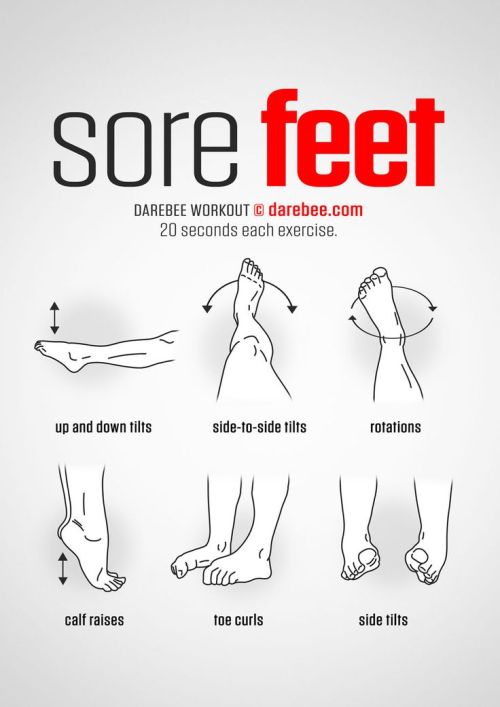

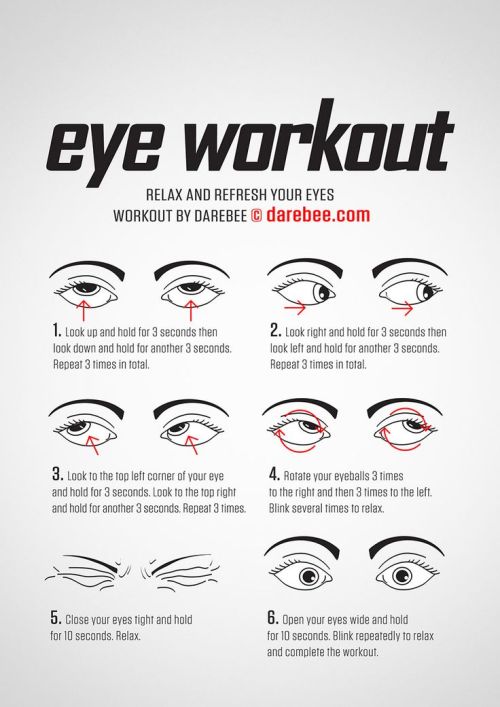
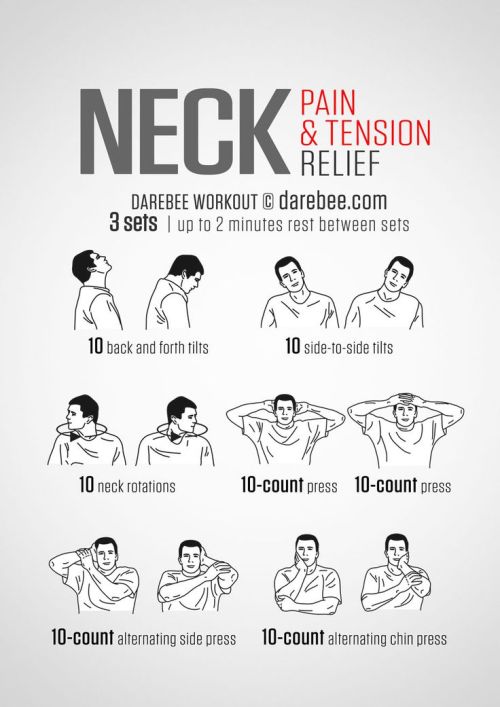


Workout For Daily Life
you have been visited by the seven magic dragon balls your biggest wish will be granted but only if you reblog

push yourself to get up before the rest of the world - start with 7am, then 6am, then 5:30am. go to the nearest hill with a big coat and a scarf and watch the sun rise.
push yourself to fall asleep earlier - start with 11pm, then 10pm, then 9pm. wake up in the morning feeling re-energized and comfortable.
get into the habit of cooking yourself a beautiful breakfast. fry tomatoes and mushrooms in real butter and garlic, fry an egg, slice up a fresh avocado and squirt way too much lemon on it. sit and eat it and do nothing else.
stretch. start by reaching for the sky as hard as you can, then trying to touch your toes. roll your head. stretch your fingers. stretch everything.
buy a 1L water bottle. start with pushing yourself to drink the whole thing in a day, then try drinking it twice.
buy a beautiful diary and a beautiful black pen. write down everything you do, including dinner dates, appointments, assignments, coffees, what you need to do that day. no detail is too small.
strip your bed of your sheets and empty your underwear draw into the washing machine. put a massive scoop of scented fabric softener in there and wash. make your bed in full.
organise your room. fold all your clothes (and bag what you don’t want), clean your mirror, your laptop, vacuum the floor. light a beautiful candle.
have a luxurious shower with your favourite music playing. wash your hair, scrub your body, brush your teeth. lather your whole body in moisturiser, get familiar with the part between your toes, your inner thighs, the back of your neck.
push yourself to go for a walk. take your headphones, go to the beach and walk. smile at strangers walking the other way and be surprised how many smile back. bring your dog and observe the dog’s behaviour. realise you can learn from your dog.
message old friends with personal jokes. reminisce. suggest a catch up soon, even if you don’t follow through. push yourself to follow through.
think long and hard about what interests you. crime? sex? boarding school? long-forgotten romance etiquette? find a book about it and read it. there is a book about literally everything.
become the person you would ideally fall in love with. let cars merge into your lane when driving. pay double for parking tickets and leave a second one in the machine. stick your tongue out at babies. compliment people on their cute clothes. challenge yourself to not ridicule anyone for a whole day. then two. then a week. walk with a straight posture. look people in the eye. ask people about their story. talk to acquaintances so they become friends.
lie in the sunshine. daydream about the life you would lead if failure wasn’t a thing. open your eyes. take small steps to make it happen for you.

YOU’VE BEEN VISITED BY EXAM JONGIN
REBLOG THIS POST AND YOU WILL PASS ALL YOUR EXAMS
-
 aliaa-j liked this · 1 month ago
aliaa-j liked this · 1 month ago -
 usefulpostsandlinks reblogged this · 3 months ago
usefulpostsandlinks reblogged this · 3 months ago -
 calmnessisasuperpower liked this · 5 months ago
calmnessisasuperpower liked this · 5 months ago -
 annakix7z liked this · 6 months ago
annakix7z liked this · 6 months ago -
 the-land-is-bright liked this · 7 months ago
the-land-is-bright liked this · 7 months ago -
 nyctarian reblogged this · 7 months ago
nyctarian reblogged this · 7 months ago -
 babcia-grusza liked this · 8 months ago
babcia-grusza liked this · 8 months ago -
 sparklinggodess liked this · 8 months ago
sparklinggodess liked this · 8 months ago -
 loucinda247 liked this · 8 months ago
loucinda247 liked this · 8 months ago -
 beauteaful reblogged this · 8 months ago
beauteaful reblogged this · 8 months ago -
 florals-cardigan reblogged this · 11 months ago
florals-cardigan reblogged this · 11 months ago -
 ikyw-t liked this · 11 months ago
ikyw-t liked this · 11 months ago -
 la-cocotte-de-paris reblogged this · 11 months ago
la-cocotte-de-paris reblogged this · 11 months ago -
 oxfordsonnets reblogged this · 11 months ago
oxfordsonnets reblogged this · 11 months ago -
 en-geneisaxx liked this · 11 months ago
en-geneisaxx liked this · 11 months ago -
 adulting401 reblogged this · 1 year ago
adulting401 reblogged this · 1 year ago -
 michelepoehler liked this · 1 year ago
michelepoehler liked this · 1 year ago -
 ramona-quinn liked this · 1 year ago
ramona-quinn liked this · 1 year ago -
 immortalephialtes reblogged this · 1 year ago
immortalephialtes reblogged this · 1 year ago -
 goykittpurholes liked this · 1 year ago
goykittpurholes liked this · 1 year ago -
 heart-to-heartmoor reblogged this · 1 year ago
heart-to-heartmoor reblogged this · 1 year ago -
 getbreaded liked this · 1 year ago
getbreaded liked this · 1 year ago -
 senlinstudies reblogged this · 1 year ago
senlinstudies reblogged this · 1 year ago -
 sofiliwi liked this · 1 year ago
sofiliwi liked this · 1 year ago -
 studiomentality liked this · 1 year ago
studiomentality liked this · 1 year ago -
 fixation-ally liked this · 1 year ago
fixation-ally liked this · 1 year ago -
 selfhelptool3 liked this · 1 year ago
selfhelptool3 liked this · 1 year ago -
 champagneprobems liked this · 1 year ago
champagneprobems liked this · 1 year ago